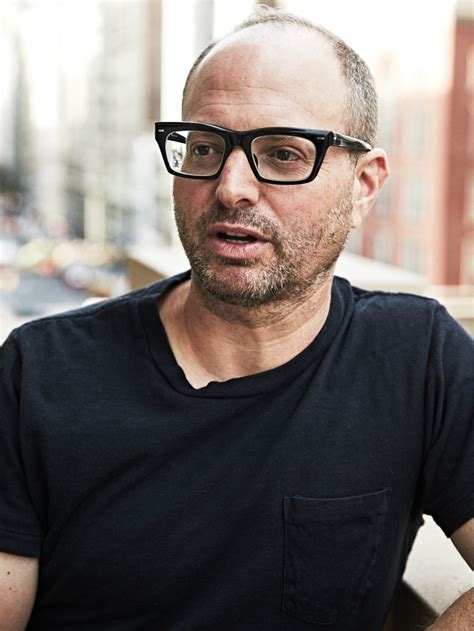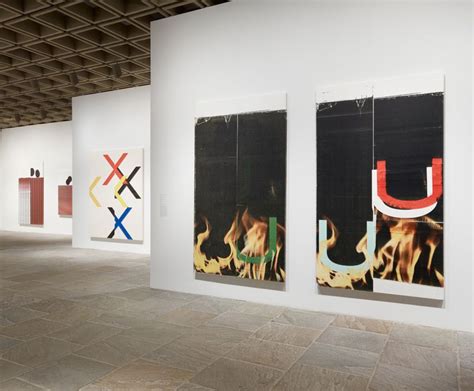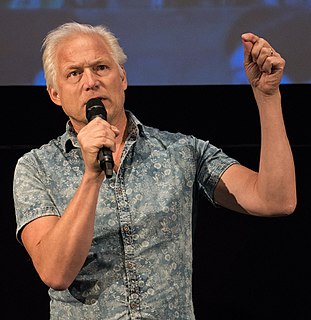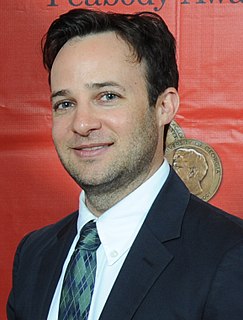A Quote by Allan Loeb
I wrote [Collateral Beauty] on my own. I didn't get paid to write it. I didn't sell it as a pitch. It was an idea I had that I really, really felt needed to be in script form before showing it to anyone in the industry because of the uniqueness of the idea, and the weirdness of the idea, to be frank.
Related Quotes
The creation of a film starts with an idea, a notion of a time period or characters, and you get really excited about the idea, and sell it to others if you need their support to write the script. You can't wait to get started, and then you try to start, and you struggle with the blank page, and you get some ideas, and they're bad ideas, and you write bad stuff. It's really bad.
What had happened was this. When still young, I had gotten the idea from somewhere that I might be able to write... Maybe the deadly notion came from liking to read so much. Maybe I was in love with the image of being a writer. Whatever. It had been a really bad idea. Because I couldn't write, at least not by the bluntly and frequently expressed standards of anyone in a position to offer any encouragement and feedback.
I knew I could only play Cyrano if he were Americanized. I had no intention of writing the script myself. I was afraid of it. You're playing with fire when you tamper with a classic. So I went looking for a writer. But it was such a personal idea, and anyone I would give it to would make it his own. It's hard to ask Neil Simon to write your idea.
During my career as a standup and actor, I realized it was very frustrating for me to get hired because Hollywood was hiring a different kind of brother, you know, and I was doing political humor... In order for me to really have a long career, I'm going to have to learn how to write and produce for myself... I had no idea I was really going to like it and I'm very fortunate to be successful. But the idea was to always eventually create something for myself. That was the idea from the beginning when I went into writing and producing.
I sell ideas. Actually, if you think about it, everything is really no more than idea. The past is nothing more than a memory, which is one kind of idea. The future is still a hope, another kind of idea. The present is fleeting and becomes a memory before you can put your hands on it. All ideas. I sell ideas.
Now, ideas are the raw material of progress. Everything first takes shape in the form of an idea. But an idea itself is worth nothing. An idea, like a machine, must have power applied to it before it can accomplish anything. The men who have won fame and fortune through having an idea are those who devoted every ounce of their strength and every dollar they could muster to putting it into operation. Ford had a big idea, but he had to sweat and suffer and sacrifice to make it work.
Americans have a hard time writing moms. I'll get a script and everything's really great and well-drawn, but the mom is like stock footage, they go and get that out. They plug it in, this idea of "mother." You could lift moms out of any script, no matter what the culture, what the neighborhood, what the economic status, and you could switch them around, and they'd be the same person. I think it's because most people don't really have a human idea, a specific life that they attach to who their mother was. Their mother was there for them, so it either gets deified, or the opposite.
It took me a while to get back to 'The Queen of the Night.' I was angry with it as an idea because I felt like it had sort of ruined my life by taking so much attention away from 'Edinburgh.' So it essentially languished in a drawer until 2004, when I pulled it out, dusted it off, and thought, 'Oh, I actually really like this idea.'
I had written four scripts before I wrote Recount. Each one progressed my career a little bit, but I didn't make a dime off any of them. Recount was the first thing I sold, and I actually sold it as a pitch to HBO. They bought it as a pitch, which was a miracle. I thought, "Wow, this could be the last time I'll be paid to write a script again, which would be too bad because that was an amazing experience I just had."




































